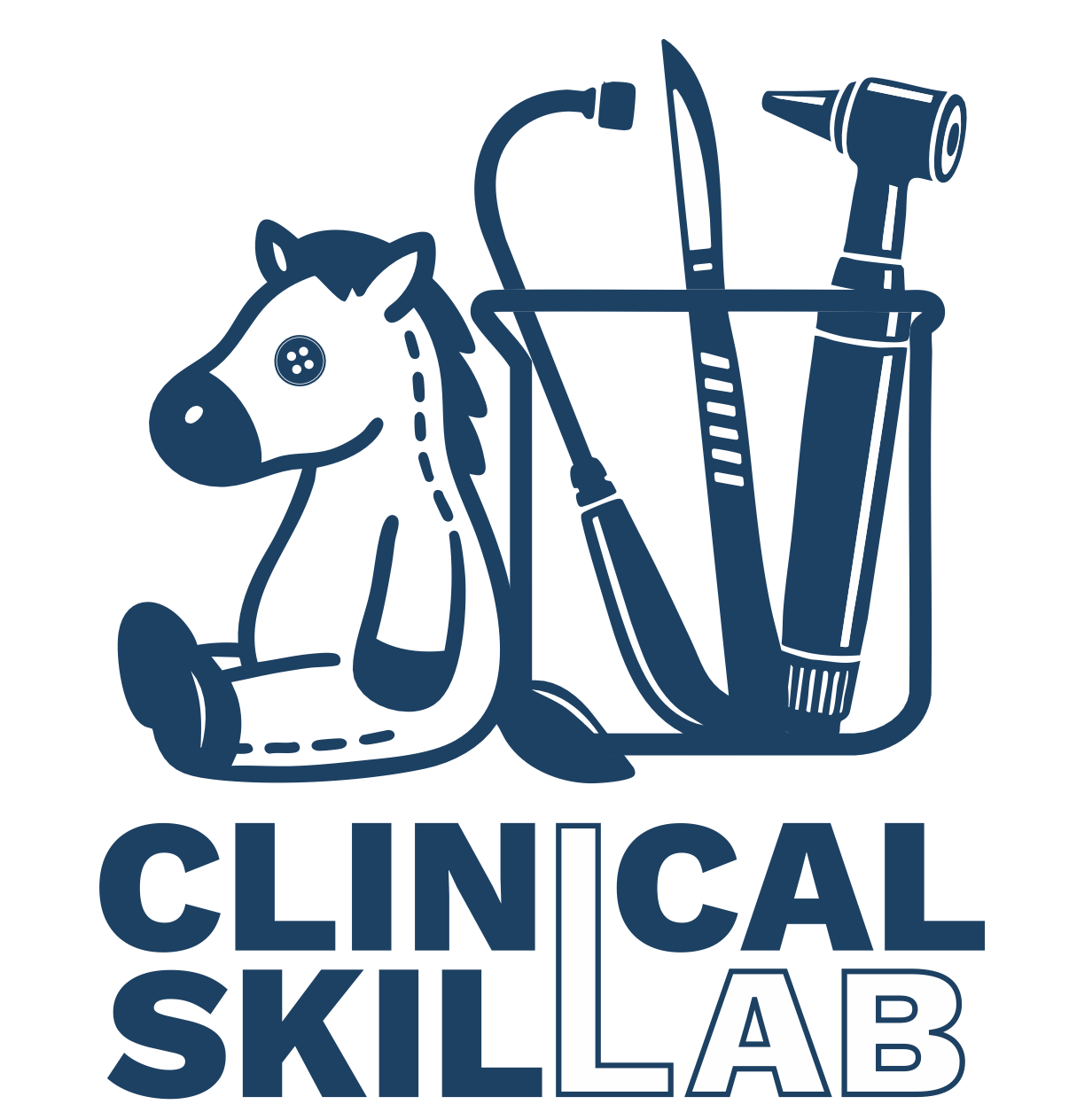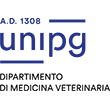
In the field of veterinary education, the clinical simulation laboratory represents a major step forward toward more ethical, safe, and effective learning.Through the use of realistic simulators and mannequins, students can practice in a controlled environment, reducing risks for animals and stress for themselves, while progressively acquiring practical skills. Following the principle of “never for the first time on a live animal”, simulation allows students to face real-life situations only after adequate preparation.
Clinical techniques can be repeated, corrected, and refined without consequences, thereby increasing operational safety. Moreover, simulation promotes active learning and clinical reasoning by providing realistic scenarios and objective assessment of skills through immediate feedback.
OUR SKILLS LAB
Our Skills Lab is currently organized into three sections:
- Clinical Skills Lab (CSL) located in the teaching complex (Aula Beghelli and adjacent room),
- Clinical Skills Farm (CSF) at the university teaching farm (AZD),
- pre-Clinical Skills Lab (pCSL) located on the ground floor of the Library building, with access from the teaching complex.
The current equipment of the CSLs is listed below, although the facilities are continuously evolving thanks to the dedication of the coordination and management team, supported by faculty and students.
GENTLE HANDLING AND RESTRAINT
- Mannequins (plush models) of dogs, cats, rabbits, reptiles, and pet birds
- Additional materials (blankets, muzzles, etc.)
MEDICAL PROCEDURES
Venipuncture (dog–cat–horse–cattle–rabbit):
- Various mannequins (dog/cat limb; cattle tail; jugular models for horse, cattle, and small ruminants; rabbit ears)
Subcutaneous / Intramuscular Injection:
- Plush models of cat/dog/other species
Trans-rectal Palpation (CSF):
- Open-top box with a rear hole for arm insertion
- Various objects for identification (different sizes, shapes, materials)
Cannula Application:
- Mannequins (same as those used for venipuncture)
Clinical Simulation and Auscultation:
- Cardboard silhouettes of various species (dog, cat, cattle, horse, small ruminants)
- Recordings of auscultable sounds for each species
- QR codes applied at the points where the stethoscope should be placed
SURGICAL PROCEDURES
Suturing:
- Suture pads for skin (pre-incised and non-incised)
- Surgical kits
- Models for more complex sutures (intestine, bladder, parenchyma)
Fracture Fixation:
- Long bones and skulls (e.g., mandible and maxilla)
- Plates, screws, and pins
Bandaging:
- Rigid mannequins
- Necessary materials (cotton padding, self-adhesive bandages, tape, vet wrap)
Scrubbing and Surgical Preparation:
- Plush mannequin with “silicone-like” parts
- Gloves, bowls for wet gauze, “mock” disinfectant solutions
Surgical Gowning:
- Gowns, gloves, masks, caps, and shoe covers
ANESTHESIA AND ENDOSCOPY / IMAGING
- Intubation model
EMERGENCY AND FIRST AID
- CPR mannequin
LABORATORY TECHNIQUES
- Microscope with hematology slides (pCSL)
OBSTETRICS
- Artificial insemination in dogs
- Vaginal cytology (with cytology-based learning games)
- Dystocia models (bitch/cow)
ANATOMY (pCSL)
- Topographic anatomy with corresponding imaging (Anatomage), Biopshpera
- Anatomical models and skeletal specimens
ZOOTECHNICS (CSF)
- Cardboard silhouettes for safe approach training
- BCS (Body Condition Scoring) simulator
ACCESS TO THE CSL
Access to the CSL is currently limited to practical activities within curricular courses and internships. Booking is managed through a specific online form available on the departmental website.
During each session, the instructor records attendance on a paper register, along with the number of students and the type and number of tools used. Upon leaving the CSL, it is the instructor’s responsibility to ensure that the area is left in the same clean and orderly condition in which it was found. Any report, complaint, or request to the CSL organization team can be submitted through the same booking form.
The CSL is also available one afternoon per week for open access to individual students or groups, subject to room availability and capacity. Students book their session via the same departmental form and receive a confirmation email indicating the CSL opening time.
Requests for access outside scheduled hours may be considered but depend on the availability of a supervising faculty member, who assumes responsibility for student activities and proper use of the facilities.
Further detailed information can be found here HERE.


